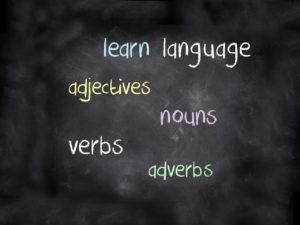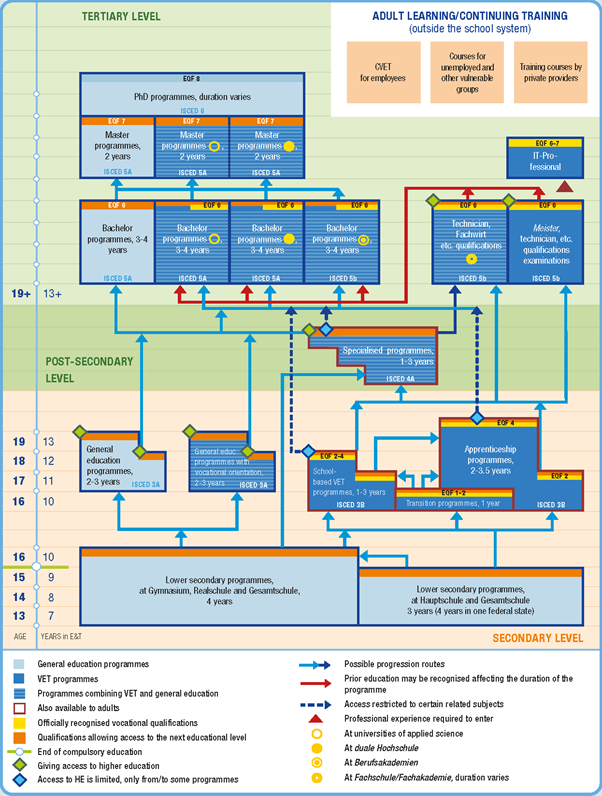Prep Course for University
The study in Germany website is an excellent
“If you want to study in Germany as a non-EU international student, you must first check if your previous qualification is recognized at German universities. Every school-leaving certificate attained in your country must be compared and translated into German qualification terms otherwise it won’t be recognized. There is a limited list of foreign qualifications assessed to be equivalent to German qualifications.
Many foreign students who have no prior information on the German education system, run out of excitement fearing this marks the end of their dream to study in Germany. However, German universities have a solution for you called Studienkolleg.”
Simply put, Studienkolleg is a prep college in Germany designed to prepare incoming international students who are willing to study in Germany but whose qualifications don’t meet the German education system criteria.
Usually, a Studienkolleg course lasts for two academic semesters or a full academic year. Its intention is to prepare you with the required skills and knowledge on particular subjects related to your favourite university course.
GRE Tests
The Graduate Record Examination (GRE) is a standardised test that measures a student’s abilities. Not all German universities require GRE scores. According to Uni-Assist, it is “a test to determine if you are qualified for master’s or PhD courses. This test is similar to its competitor, the GMAT. While the GMAT assesses the qualification for master’s courses in Business Administration, the GRE’s assessment is not bound to a specific subject. Universities which require a GMAT often also accept the GRE.
The Test is owned and administrated by the Educational Testing Service (ETS)
Prometric offers a computer-based exam administered at their testing centres. According to them “GRE Subject Tests are an excellent way for you to demonstrate your knowledge in specific subject areas and to help strengthen your graduate school application. Subject Tests are available in 7 disciplines: Biochemistry Cell and Molecular Biology Biology Chemistry Literature in English Mathematics Physics Psychology. if you’re majoring in, or have an extensive background in one of these disciplines, you should consider taking a GRE Subject Test in addition to the GRE revised General Test.”
More information about the Test and how to prepare can be found on the ETS Website
Related content

Recognition of studies
Depending on the situation, it might be necessary to have either your Matric/Grade 12 or South African degree or other qualifications and experience formally recognised

School Information
The German School system is quite unique and distinguishes itself from the South African models in a number of ways Types of schools There are

Study in Germany
Types of learning institutions Hochschule is the name for higher education. Under this, you can get the following institutions. Fachhochschule – University of applied sciences.

Learning German
There are several approaches to learn German, all of which can help you achieve your language learning goals. You can opt for convenient online sites




You must be logged in to post a comment.